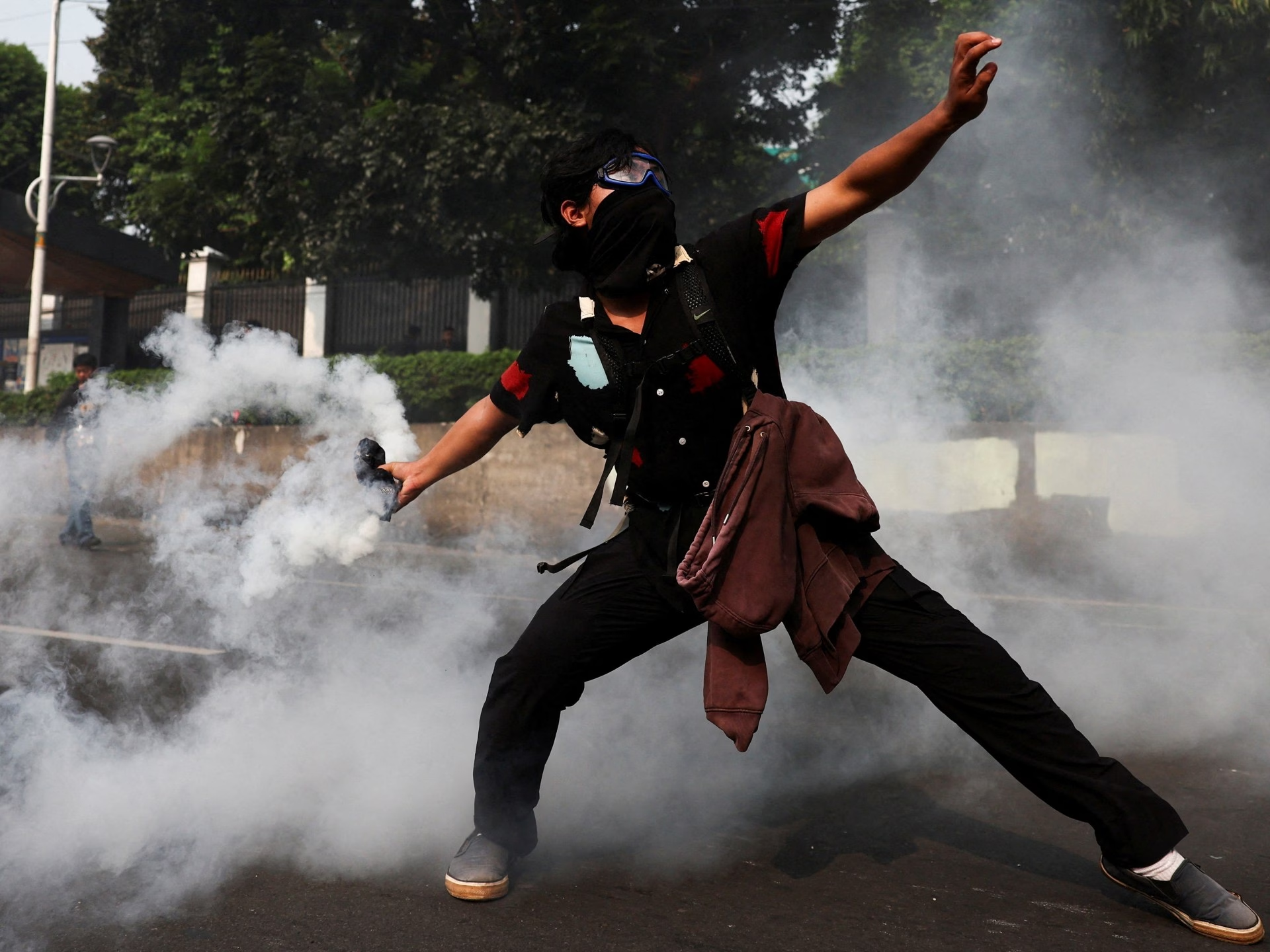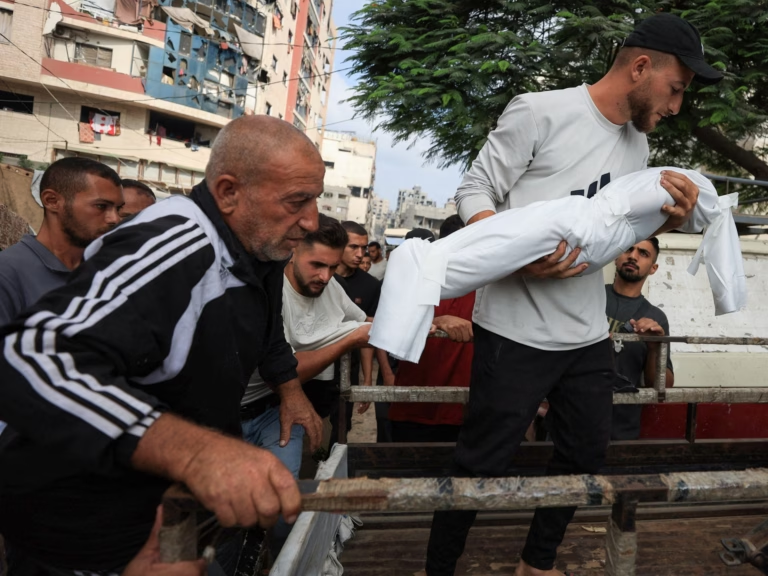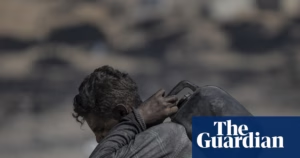Demonstrations have engulfed Indonesia starting from late August, as anger over a deteriorating economy turned into widespread violence. This emerged after reports revealed that politicians were receiving a $3,000 housing allowance in addition to their salaries, an amount equivalent to 10 to 20 times Indonesia’s monthly minimum wage.
This is not the first time this year that Indonesians have taken to the streets. In February and March, students protested against several unpopular government policies, including budget cuts and a proposed law to extend the military’s role in political affairs.
As the current wave of protests continues, affecting islands such as Java, Sumatra, Sulawesi, and Kalimantan, Al Jazeera spoke to several Indonesians about the issues leading to these demonstrations and what changes are needed in their country of over 283 million people.
A significant moment was the death of Affan Kurniawan, a 21-year-old motorcycle delivery driver who was killed by a police vehicle during protests in the capital, Jakarta. This event triggered further anger and is seen as a symbol of Indonesia’s lack of job opportunities and exploitation of its gig economy.
Despite the economic hardships, the House of Representatives still sought a housing allowance of about $3,000 per month. Many Indonesians feel the government is disconnected from their plight, calling for transparent bureaucracy and better economic conditions.
Indonesian President Prabowo Subianto, who has been in power since October, promised to boost economic growth but has faced criticism for his spending cuts on education, public works, and healthcare. Many people are also disenchanted with the return of Prabowo’s military background and fear an expanded military role in civilian affairs.
Following the protests, authorities used force to disperse crowds, and Prabowo urged security forces to be tough on protests perceived as treasonous or terrorist. Advocates for change stress the need for wide-reaching reforms, including for women’s rights, economic policies, and addressing climate change.
The situation highlights the cost-of-living crisis as a central issue, with prices for basic goods continually rising. Many Indonesians feel that politicians are out of touch with their needs, looking for care and consideration beyond electoral promises.
The current protest wave includes a pushback against a new law that allows members of the military to take on greater government roles. This has raised concerns, particularly in regions like Aceh, which has a traumatic history of conflict with the military.
It is clear that Indonesia is at a crossroads, with the protesters demanding significant reforms and accountability across various fronts. The government’s response will be critical in determining the future trajectory of the nation.
Source: https://www.aljazeera.com/news/2025/9/5/indonesia-in-chaos-five-indonesians-give-views-on-why-and-how-to-fix?traffic_source=rss








